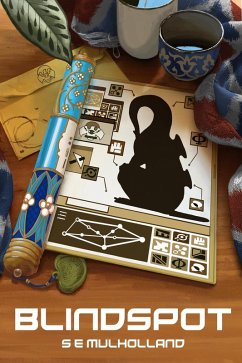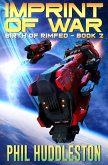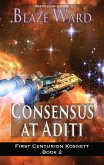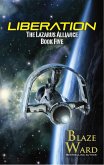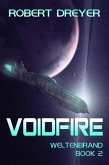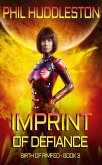Until a routine calibration procedure in one of the Space Traffic Control cameras turns up a star where no star should be.
Nikolai Ogorodov, senior-most captain in Tengri's tiny Navy, is facing the grim prospect that he could retire still waiting for something actually exciting to happen, when word comes in that Traffic Control has spotted the deceleration flare of a ship's drive. It's a ship - and a drive - unlike anything Tengri has seen before, and Nikolai is dispatched to determine if the newcomers are a threat to the long-standing peace.
Urthe Agajanian is an under-funded and over-caffeinated young researcher on Orbital Island Peridot. With the Tengri system sporting only the barest, tantalizing remnants of a long-departed alien presence, it's hardly surprising that Urthe is possibly the system's only working xeno-technologist. When a ship turns up with a delegation claiming to be actual aliens, come to trade technology with humanity, Urthe's obscure specialty is suddenly, spectacularly relevant.
Urthe and Nik approach the situation from vastly different backgrounds, each holding a different, incomplete picture of the crisis facing their home. Yet they will both find themselves making decisions that could impact the survival not just of Tengri but of humanity.
Dieser Download kann aus rechtlichen Gründen nur mit Rechnungsadresse in A, B, CY, CZ, D, DK, EW, E, FIN, F, GR, H, IRL, I, LT, L, LR, M, NL, PL, P, R, S, SLO, SK ausgeliefert werden.

